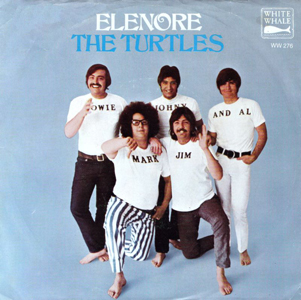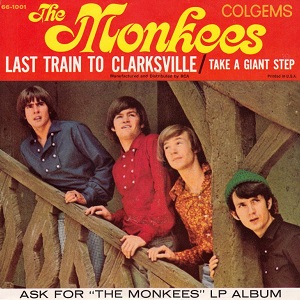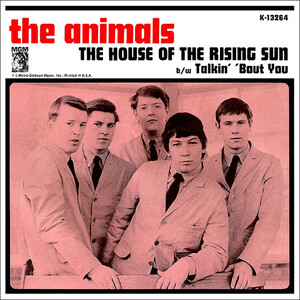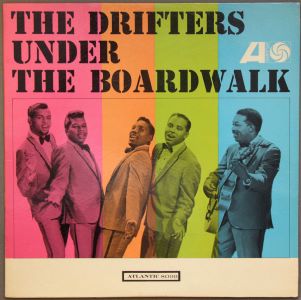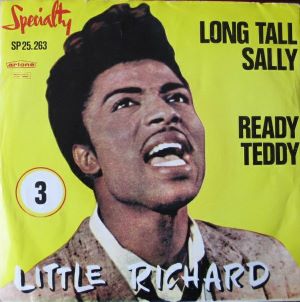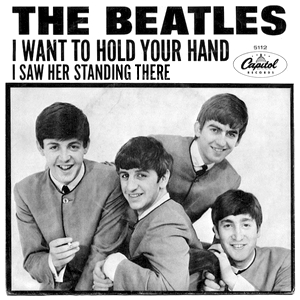The Kinks were part of the British Invasion of 1964. Alongside UK bands such as The Beatles, The Rolling Stones and The Dave Clark Five, The Kinks scored eight US Top 40 singles between 1964 and 1966, including the classics “You Really Got Me” (#7, 1964), “All Day and All of the Night” (#7, 1965) and “Tired of Waiting for You” (#6, 1965). After “Sunny Afternoon” peaked at #14 in 1966, the hits dried up. Their highest-charting single in 1967 was “Dead End Street,” which reached #73. They didn’t place any singles on the Hot 100 in 1968 or 1969. Their fortunes reversed in 1970.
Per the book The Kinks: The Official Biography, the band’s lead singer and chief songwriter Ray Davies came up with a song after a night out with the group’s manager, Robert Wace. Wace spent the evening dancing with a woman he met, and told Davies he was falling for her. When morning rolled around Ray noticed the woman had stubble on her face. In the song, Ray plays the part of Wace and the “woman” is given the name Lola.
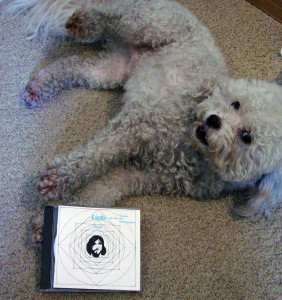
The song’s narrator recounts his meeting Lola in a club where everything is not what it seems. The champagne tastes like Coca-Cola (the BBC forced Davies to change the reference from Coca-Cola to cherry cola so as to not violate their policy against product placement) and the dancing happens under electric candlelight. Amidst these ambiguities he meets Lola, a woman who squeezes him so tight she nearly breaks his spine. A woman who “walked like a woman and talked like a man”. Our narrator is confused but continues to dance with Lola, who invites him to go home with her. He is falling for her, which frightens him, so he heads for the exit. Then he has second thoughts, turn back to Lola, and their eyes lock. He decides “that’s the way that I want it to stay and I always want it to be that way for my Lola.”
Accepting his destiny, he observes “Girls will be boys, and boys will be girls. It’s a mixed up, muddled up, shook up world, except for Lola.” Lola knows exactly who he/she is.
We then learn that our narrator was a virgin who first left his home a week prior, to which Lola responds “Little boy, gonna make you a man.”
Then we get one of my favorite lyrics ever. The narrator sings “I know what I am and I’m glad I’m a man, and so is Lola.” Lola is a man? Lola is glad the narrator is a man? The ambiguity of the character of Lola is reflected in the lyrics of “Lola.”
This is amazing songwriting. It is also amazing that this tale of a transvestite, not a popular song character today let alone in 1970, gave the Kinks their first huge hit in years and became an enduring staple of classic rock radio. The single went top ten in the United States and throughout Europe, hitting #1 in Ireland, Italy, the Netherlands, New Zealand and South Africa. The song made Rolling Stone magazine’s list of the 500 Greatest Songs of All Time.
Today Ray Davies turns 70 years old. Here is some of his best work.

